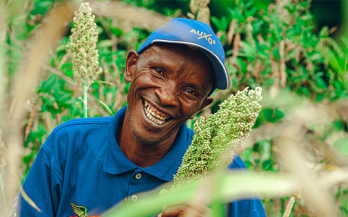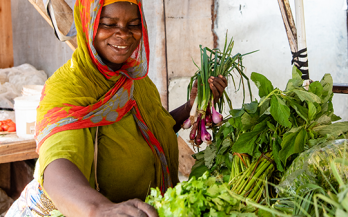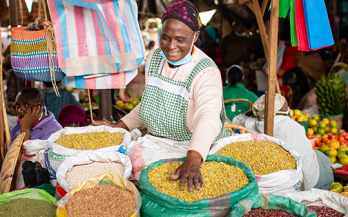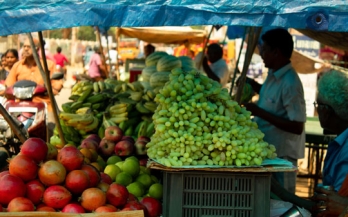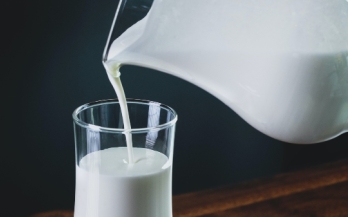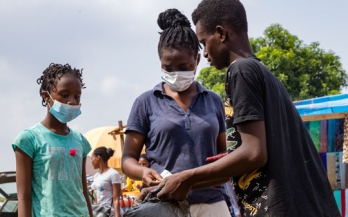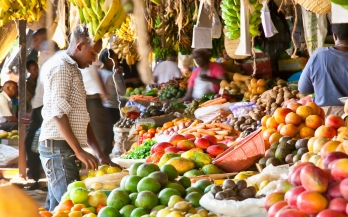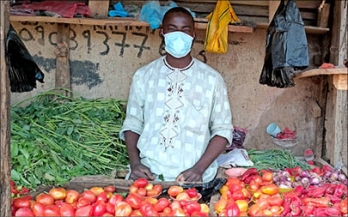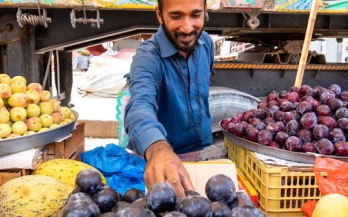- 20/12/2024
The SUN Business Network (SBN), co-convened by the World Food Programme (WFP) and the Global
Alliance for Improved Nutrition (GAIN), operates within the Scaling Up Nutrition (SUN) Movement’s multisectoral
framework to address malnutrition, through private sector engagement.
- 23/05/2024
Buguruni market is a traditional food market in Dar-es-Salaam, Tanzania with about 2,630 vendors selling their produce to about 70,000 consumers daily. In a rapid assessment conducted in 2020, almost a third of consumers reported concerns related to food safety when shopping in the market.
- 16/05/2024
GAIN, along with the Kenya Tea Development Agency Foundation (KTDA Foundation) coordinated and implemented a training package for the vegetable kiosk vendors within the community. It was targeted at food vendors and small traders around tea factories and other stakeholders around their business sites.
- 20/09/2022
GAIN, Unilever, and the Sustainable Trade Initiative (IDH) saw an opportunity to improve the nutrition and health of farmers, workers, and their families in supply chains, whilst working to increase supplier and worker satisfaction, productivity and brand loyalty.
- 05/09/2022
This report is an appraisal of a methodological approach conceptualized and commissioned by GAIN and designed by Euromonitor to assess the informal dairy market in Ethiopia using formal market approaches. This work was conducted in 2019 with support from Wageningen University under the Agriculture 4 Nutrition and Health Program.
- 01/02/2022
This report presents the findings from an assessment of 163 policy measures by national governments to support micro, small, and medium-sized enterprises (MSMEs) in nine low- and middle-income countries (LMICs) between March 2020 and March 2021 during the COVID-19 pandemic.
- 16/11/2021
Policy Options Toolkits are a core output of GAIN’s policy and coordination efforts, under the Keeping Food Markets Working (KFMW) programme. These toolkits were developed through a participatory co-design process with GAIN, conducted in Beira and Pemba (Mozambique), Machakos and Kiambu (Kenya) and Rawalpindi and Peshawar (Pakistan) - between September 2020 and September 2021.
- 13/09/2021
From October 2020 to December 2021, EatSafe conducted bi-weekly consumer and vendor surveys in traditional markets to assess the functioning of markets and market actors under COVID-19. The resulting Bulletins and Traditional Market Reports present detailed reports on trends in consumer resilience, vendors' business impacts, and food price changes.
- 29/09/2021
Understanding urban specific contexts and food system challenges during the pandemic is the first step towards the co-design of policy options. Between December 2020 and April 2021, GAIN conducted a mixed method Rapid Needs Assessment of Machakos and Kiambu (Kenya), Beira and Pemba (Mozambique),) and Rawalpindi and Peshawar (Pakistan).
- 09/08/2021
Understanding the rapidly changing situation for vendors in traditional markets and the consumers that rely on these markets can provide vital information for determining what is needed to ensure the availability of affordable, safe, nutritious food during the COVID-19 pandemic.
